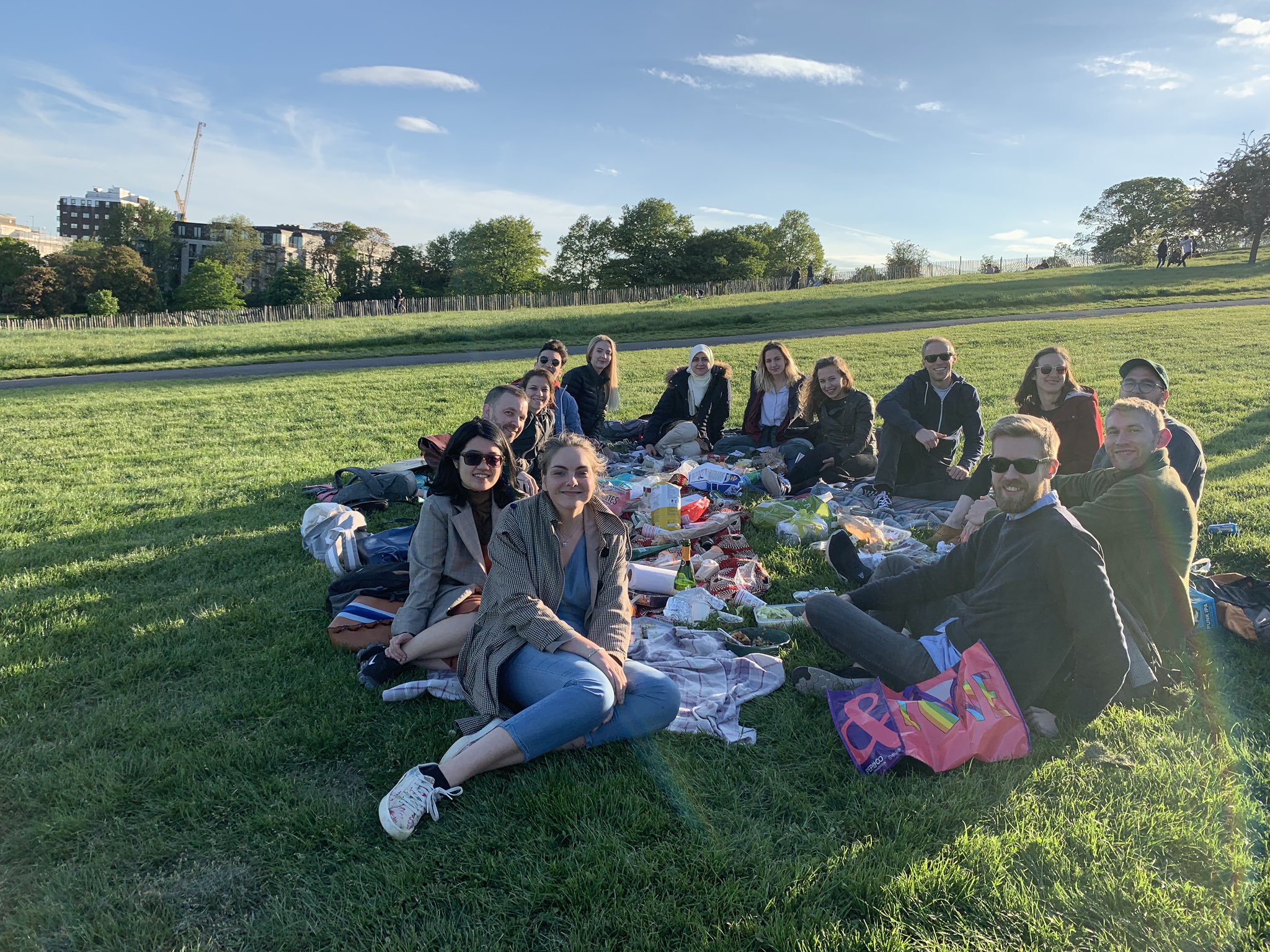Last weekend we pitched up at Latitude Festival as part of the BrainHub, organized together with James Kilner's group. We used this as an opportunity to get some user feedback about the latest prototype version of "MetacogMission" - an app that Andy McWilliams is developing together with London-based technology company DamnFine to study metacognition via a series of decision-making games. Thanks for everyone who took part - we got tons of useful feedback and pilot data that we are now starting to sift through.
Here's a brilliant timelapse video of the BrainHub put together by Alex Galvez-Pol in James' lab. We are also very grateful to WCHN Public Engagement coordinator Cassie Hughill who held everything together and kept everyone fed and watered, and to Ben from DamnFine for being on hand for remote tech support all the way from New York! And last but not least, Max, Matan, Xiao and Alisa who worked hard to make it a great event.





















